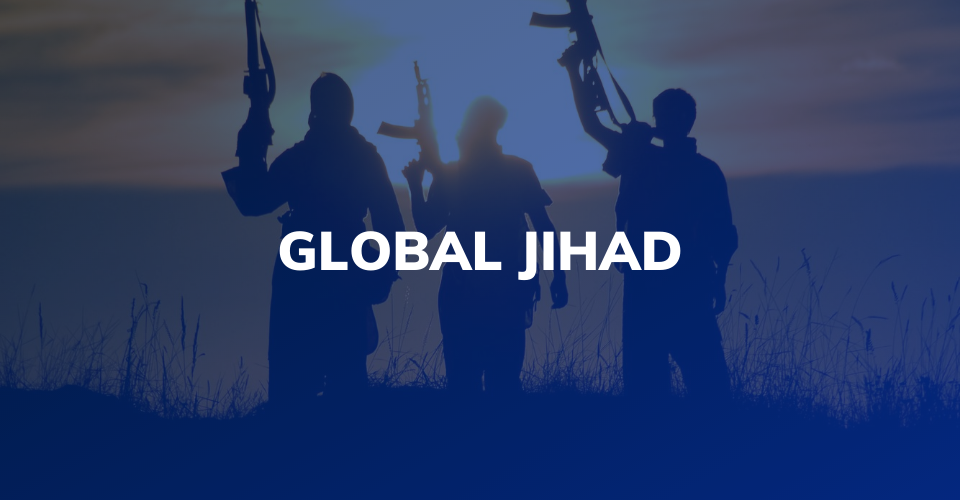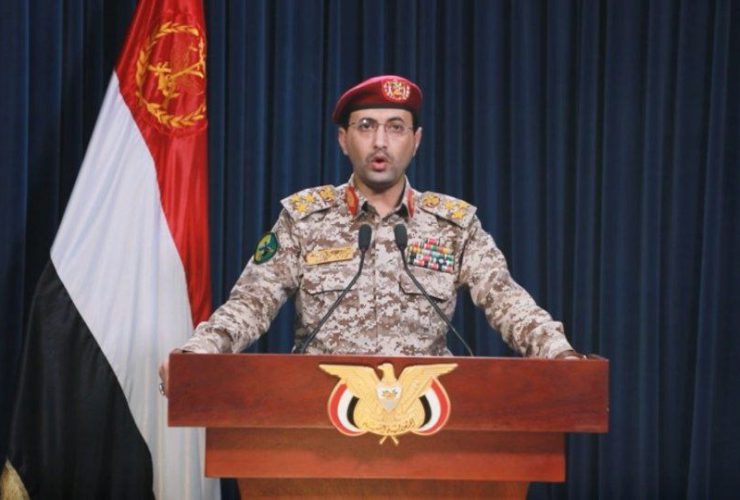Ayman al-Zawahiri’s Absence – A Sign of Retreat from his Position?
One of the issues presenting a challenge for terrorism investigators concerns Ayman al-Zawahiri’s influence on the path of global jihad in light of the increasing erosion of Al-Qaeda’s power. The growing rift between Al-Qaeda and the Islamic State (IS), the assassinations of senior Al-Qaeda figures in the organization – most recently, Sheikh Nasser al-Wahayshi in June 2015 – and the defection of Al-Qaeda members to the IS, underlie the weakening of the organization. Add to this al-Zawahiri’s mysterious silence against the backdrop of the fateful changes and processes taking place in the region, such as the establishment of the Islamic Caliphate by the IS in June 2014. Moreover, it is puzzling that so far there has been no published reaction from al-Zawahiri regarding the assassination of his deputy, al-Wahayshi, who was considered the second-in-command of the organization and served as the leader of Al-Qaeda in the Arabian Peninsula (AQAP), while leaders of other jihadist organizations have published eulogies in his memory.
Al-Zawahiri’s voice has not been heard for approximately ten months. His last public appearance took place on September 3, 2014 when he declared the establishment of a new branch of the organization in the Indian Subcontinent and emphasized the need to fight against local oppressive regimes, such as in Bangladesh. Al-Zawahiri’s prolonged “absence” raises question marks. Can it be interpreted as a retreat from his position? Is al-Zawahiri avoiding a media appearance out of fear of having his location discovered by intelligence agencies? Is his silence a deliberate move until the Islamic State’s position begins to lapse, at which point he will recognize it as a golden opportunity to make political gains? Is al-Zawahiri striving to build a new leadership to inherit his position, and waiting for the right time to announce it? Or has his health taken a turn for the worse and his supporters are hiding that fact? In the absence of reliable information, it is difficult to answer these questions.
Nevertheless, there is some evidence to hint at al-Zawahiri’s apparent activity behind the scenes, especially in the Syrian arena. In an interview held by the Qatari Al-Jazeera network, Abu Mohammad al-Julani, leader of the Syrian Al-Nusra Front, stated that he continues to receive direct orders from al-Zawahiri but he did not elaborate. Islamist rebel groups in Syria also claimed that al-Zawahari sent several letters to al-Julani in the beginning of January 2015 containing guidelines on how to conduct jihad in Syria and how to create an infrastructure for the establishment of an Islamic state in Syria, but these reports should be regarded with caution.
At the moment, it seems that several prominent Salafi-jihadist proponents, al-Zawahiri’s contemporaries – such as Sheikh Muhammad al-Maqdisi, Abu Qatada al-Filistini and Dr. Hani al-Siba’i – are trying to fill the existing vacuum. This trend is evident in the publication of opinions and comments about the events taking place in the region in the spirit of al-Zawahiri’s worldview. For instance, all three of the above-mentioned individuals emphasize the need to maintain unity among the mujahideen in Syria and demonstrate a hard line towards the IS, which is eating away at the organization’s power.
Nevertheless, it seems that al-Zawahiri’s continued absence from public appearances is liable to be interpreted as weakness, erode at his status and even detract from his organization’s power in the field. Open criticism along the same lines can already be heard against Sheikh Mullah Omar, Emir of the Islamic Emirate of Afghanistan and al-Zawahiri’s ally, for his long-time failure to appear publicly in jihad circles.
In an unusual speech given by Uthman Ghazi, leader of the Islamic Movement of Uzbekistan which fights alongside the Taliban in Afghanistan, at the end of June 2015, he dared to express discontent with Mullah Omar’s conduct and to challenge his leadership, claiming that there is no solid proof that he is alive. According to him, 12 years have passed since the fall of the Islamic Emirate of Afghanistan, during which the Islamic Movement of Uzbekistan has been fighting against the Crusader occupiers. He expressed deep regret that for 13 years Mullah Omar has not succeeded in imposing his authority and shari’a throughout all of Afghanistan. He added that during those years, members of his organization made an effort to find him but each time “our hope was proved false”. Moreover, all those who claim that Mullah Omar is alive have failed to provide any proof of life: “The people who hold the truth are hiding it. So far, they have presented the people more than once with forged greetings and instructions bearing his name […]. Today there is no trace of Mullah Omar’s full leadership in the political arena and at important events, not in the nation’s times of sorrow nor in its times of joy”. Therefore, his absence “for many years is considered a betrayal and an unforgivable cowardly act”, which created a political vacuum when it comes to the nation’s problems that need resolution. Ghazi went on to emphasize that he had reached the conclusion that Mullah Omar is not alive and that he will not change his mind until he sees him face-to-face, and therefore his organization will consider any letter or announcement bearing his name to be a forgery and a scam.[1]
It is reasonable to assume that the absence of al-Zawahiri’s direct voice and reference to recent events will increase doubt among jihadists regarding his fate and leadership, similar to the growing doubt concerning the leadership of Mullah Omar. It is likely that this trend will grow in light of the Islamic State’s intensive propaganda against Al-Qaeda and Sheikh Ayman al-Zawahiri, and will cause jihadists to consider an alternative leadership that will be more dominant and succeed in leading them. On the other hand, it is possible that senior Al-Qaeda officials will give their opinions on the current situation in the near future in an attempt to curb the possibility that jihadists will “flee” to other jihadist organizations.






